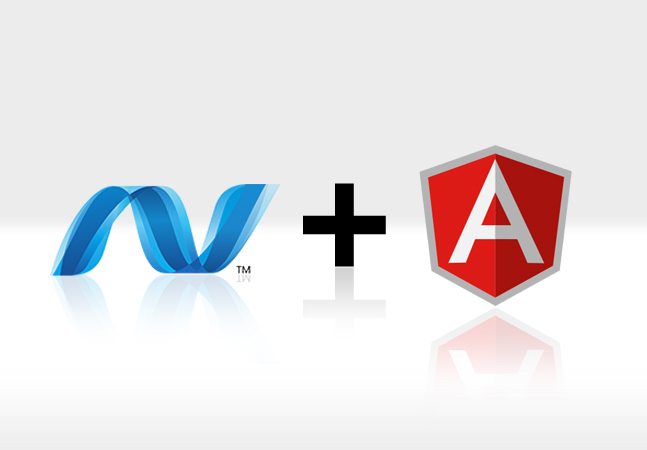
You can force users to always get the most recent version of your ASP.NET Web page by using the last tool you'd expect to handle this: The OutputCache attribute.

Here’s how to add AngularJS to an ASP.NET MVC application in Visual Studio 2015.

Let's explore factor analysis again, this time using the R ability to tap into OOP, but we won't use the RC model.
- By James McCaffrey
- 05/02/2017

It's possible to hook into document store events to monitor (and even modify) behavior.
- By Jason Roberts
- 05/01/2017

Here's the best performing option when you're retrieving the objects at the end of an entity class's navigation property, either when you only want some of the objects or when you only want them some of the time.

Visual Studio is all about making the developer coding experience more streamlined, allowing you to get to elements of the IDE that matter to you most. Customizing the Start Page is, well, a good start.

If you haven’t used the .NET Framework Contract tools to help guarantee code quality, it’s worthwhile to consider integrating them into your work. If you figured that Contracts were all hype, it may be time to see how they could be genuinely useful.

If you prefer to keep your Properties Window in Categories View, then here's some shortcuts you might find valuable.

Huge volumes of data need near-supercomputer power to process and analyze it all. You can get there with the .NET Task Parallel Library.
- By William L. Bain
- 04/20/2017

Coding by Contract was once the future of programming. It isn’t as popular now as it was even five years ago, at least in the .NET Framework community. But that doesn’t mean you can’t find the related tools useful.

Peter follows up -- yet again – on a column on how to group results with LINQ using the SQL-like syntax with the same solution using the method-based syntax. And, no, you're not seeing double.

Azure Functions get you beyond the traditional client/server approach to app creation, right into the cloud. Let’s first look at triggers.
- By Jason Roberts
- 04/12/2017

If you have a process that needs to be performed -- but with variations -- then implementing the Template Method pattern will give you simpler, more extensible code. You’ll also recognize this pattern from all the times you work with it in the .NET Framework.

Peter follows up on advice for joining collections with LINQ and getting all of the results, but this time, he uses the method-based syntax.

The custom formatters in the .NET Framework provide a more seamless way to mix traditional and custom formatting situations.

If you want to ensure that the right code is loaded at the right time (and only loaded when you need it), you can start organizing your TypeScript code into focused files right now.

While Visual Basic is a bit more forgiving with data conversions, you'll need to jump through some hoops to do similar conversions in C#.

When your objects get sufficiently complicated to create, it's time to simplify your life by moving to the Builder pattern. The Builder pattern is not only a great pattern for creating complicated objects, it supports your application's further evolution.

If you don't use a section in a View, then you'll get an error. But you may not find out until it's too late.

Similar to the UITableView in iOS and ListView in Android, the XF version can be used to cache images for use in other locations of an application.
- By Wallace McClure
- 03/22/2017

A stepped approach using traditional tools in Visual Studio and third-party solutions to troubleshoot and debug Web application issues.
- By Kamran Bilgrami
- 03/21/2017

The Entity Framework DbEntityEntry object lets you do all sorts of things you probably didn't think were possible, including getting the latest data from the database (without losing your current data) and invoking the .NET Framework validation subsystem.

If you're passing an anonymous object to an HtmlHelper method (to ActionLink, for example), you might want to consider using that anonymous object to eliminate one of the other parameters.

Let's use this classical statistics technique -- and some R, of course -- to get to some of the latent variables hiding in your data.
- By James McCaffrey
- 03/16/2017

If you're not using the Entity Framework DbCollectionEntry object when working with an entity class's related objects, then your application is running too slow. Using DbCollectionEntry lets you asynchronously retrieve related objects and get only the objects you want.